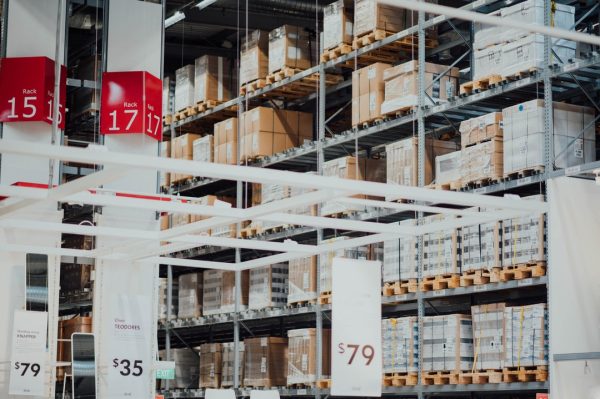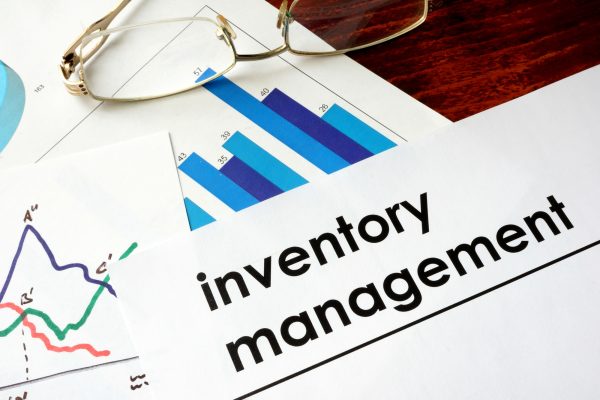
Are you struggling to manage your company’s supply chain? Are you experiencing transportation delays, inventory management issues, or supply chain disruptions?
Logistics in a company plays a crucial role in a company’s success, as it involves the movement of goods from suppliers to customers. However, managing logistics can be challenging. This is true due to transportation, warehousing, inventory management, and supply chain optimization.
Effective logistics management can benefit a business significantly. For example, efficiency, reduced costs, improved customer satisfaction, and better inventory management. That’s what this article is about.
Businesses can optimize processes by researching options on the market. This is followed by choosing a provider that aligns with their needs and values. Read on to learn more.
What Is a Logistics Company?
A logistics company specializing in transportation, warehousing, and distribution.
It is responsible for managing the movement of products from one point to another. This ensures they reach their intended destination on time and in good condition.
Logistics companies use various transportation modes. For instance, trucks, ships, and planes move products across the supply chain.
Logistics companies play a vital role in the supply chain. They provide a wide range of services that include:
Transportation
Logistics companies make sure that goods are transported efficiently and effectively. They coordinate the movement of products from one location to another using different modes of transport.
Warehousing
Logistics companies provide storage facilities for products. This ensures they are kept in the right conditions until they are ready for distribution.
Inventory Management
Logistics companies manage inventory levels. This guarantees that products are available when needed and that there are no stockouts or excess inventory.
Order Fulfillment
Order fulfillment is a crucial part of the supply chain process. Logistics companies ensure customer orders are fulfilled accurately, on time, and correct quantity.
Supply Chain Visibility
Logistics companies provide real-time visibility into the supply chain. Thus, allowing businesses to track their products at every stage of the distribution process.
Logistics in a Company
Logistics in a company plays a critical role in the success of any business. It helps businesses to optimize their supply chain. This reduces costs and improves customer satisfaction.
Logistics companies use their knowledge to ensure products are delivered in good condition. By hiring a logistics company, businesses can benefit from their experience in managing the movement of goods.
There are four main types of logistics:
- inbound logistics
- outbound logistics
- reverse logistics
- third-party logistics
Inbound logistics refers to transporting, storing, and delivering goods coming into a business. It includes managing raw materials, components, and other supplies needed to produce goods.
Outbound logistics refers to the movement of finished goods from a business to the end customer. It includes the management of order processing, packing, and delivery of goods.
Reverse logistics refers to the process of managing the return of products from the end customer to the manufacturer or retailer. It includes product recalls, repairs, and recycling.
Third-party logistics (3PL) refers to outsourcing logistics services to a specialized logistics company. 3PL providers offer various services, including transportation, warehousing, and inventory management.
Key Components of Logistics
The critical logistics components include:
- transportation
- warehousing
- inventory management
- order fulfillment
- supply chain visibility
Transportation is a critical component of logistics. It involves the movement of products from one location to another using different modes of transport.
Warehousing involves storing goods in a warehouse or distribution center until they are ready.
Inventory management involves the administration of stock levels. This is to guarantee that products are available when needed and that there are no stockouts or excess inventory.
Order fulfillment involves the management of customer orders, order processing, packing, and delivery. Many companies hire a logistics company just for this.
Supply chain visibility provides real-time visibility into the supply chain. This allows businesses to track their products at every stage of the distribution process.
It helps companies to identify potential issues and resolve them quickly. This ensures that products are delivered on time and in good condition.
Challenges in Logistics Management
Logistics management is not without its challenges. Common challenges include:
- transportation delays
- inventory management issues
- supply chain disruptions
- cost management
Transportation delays can occur due to traffic, weather, or other unforeseen events. These delays can cause product shortages, delivery delays, and transportation costs.
Inventory management issues can arise due to inaccurate forecasting. This comes with poor demand planning or inadequate inventory tracking systems. These issues can lead to stockouts, excess inventory, or obsolescence.
Supply chain disruptions can occur due to natural disasters, political unrest, or other events that affect the flow of goods. These disruptions can cause delays, increased costs, and damage a company’s reputation.
Cost management is a critical challenge in logistics management. Businesses need to balance the cost of transportation, warehousing, and inventory management. This is balanced against the cost of lost sales, stockouts, and excess inventory.
Benefits of Effective Logistics Management
Logistics management can provide several benefits to a business. Some of the benefits include:
Effective logistics can help businesses streamline their supply chain. This reduces the time and cost of moving products. Efficient logistics management can help businesses to reduce their transportation and inventory costs.
It can also help businesses improve their delivery times and product quality. This leads to higher customer satisfaction.
Besides that, it helps businesses to optimize their inventory levels. This reduces the risk of stockouts and excess inventory.
Trends in Logistics
Logistics is a dynamic and constantly evolving field. Some of the current trends in logistics include:
Businesses increasingly focus on reducing their environmental footprint. Green logistics involves using eco-friendly transportation modes and reducing waste in the supply chain.
The growth of e-commerce has led to an increased demand for last-mile delivery services. Logistics companies are investing in technologies such as drones and autonomous vehicles. This is done to improve their last-mile delivery capabilities.
Logistics companies embrace digitalization and automation to streamline their supply chain operations. This includes the use of artificial intelligence, machine learning, and robotics.
Logistics companies collaborate with other businesses and partners to optimize their supply chain. This includes sharing data, resources, and expertise.
Logistics for the Future
Logistics in a company is a critical component of any business. Effective logistics management can help businesses to optimize their supply chain. It helps to reduce costs and improve customer satisfaction. t evolving customer expectations.
In conclusion, logistics is a vital component of any business involving goods’ movement. Get in touch with us if you’re interested in full-service management and logistics for apparel brands.


